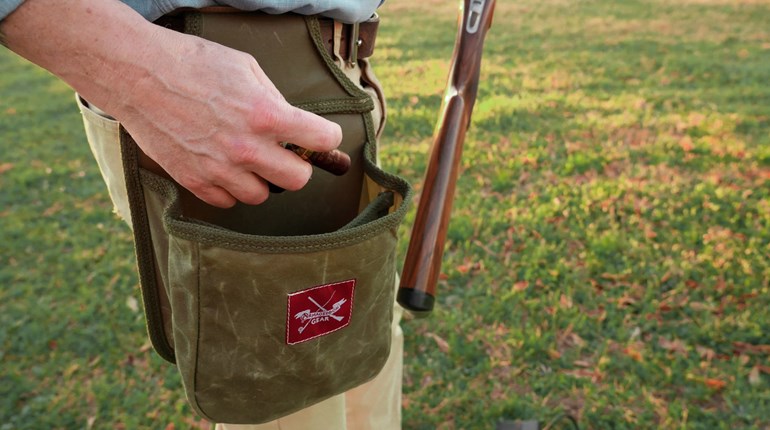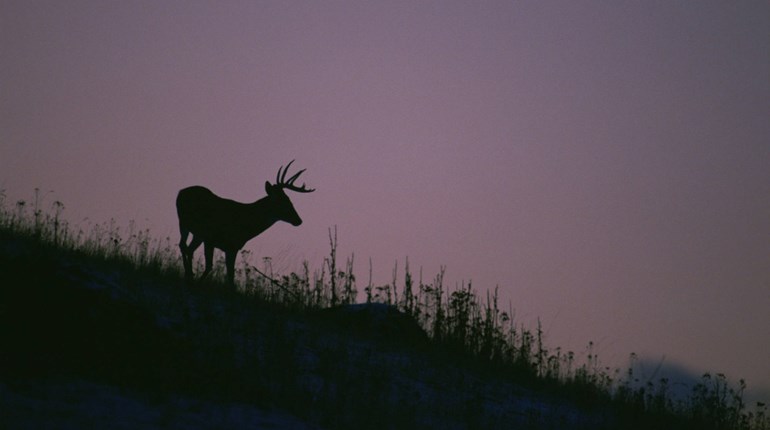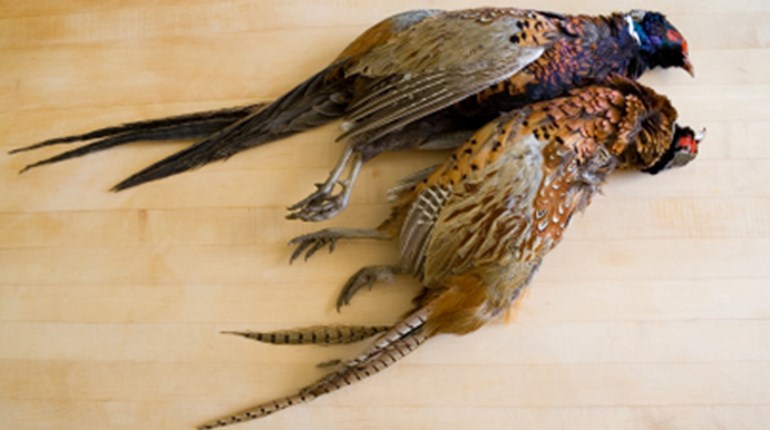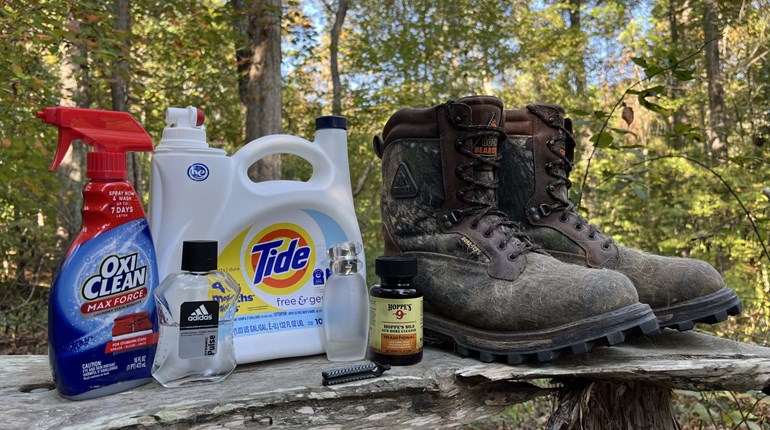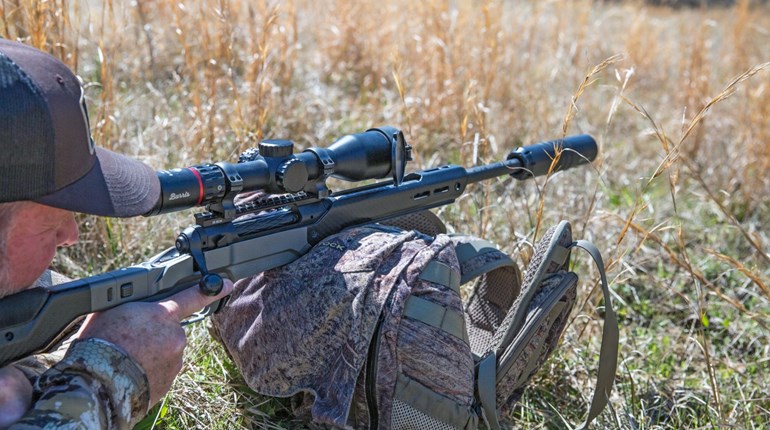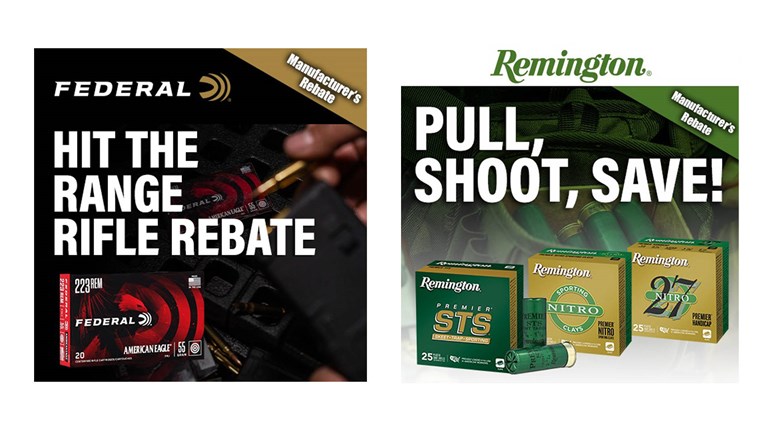A couple of months ago, the Internet buzzed with complaints about the Dallas Safari Club’s plans to auction an opportunity for someone to hunt and kill a black rhino in Namibia. Anti-hunters tried to block the auction. They didn’t succeed.
Instead, an unknown winner will pay $350,000 for the privilege of hunting and killing one of the mighty beasts. Representatives from Dallas Safari Club say the winning bid might have been higher were it not for the negative publicity. That’s a shame, because all the money—every last cent of it—will go toward rhino conservation.
The rhinoceros, whether we’re talking white or black, is endangered. Incidentally, no rhino is white or black. The white rhino and black rhino look similar to each other; they’re both huge animals in the ungulate family Rhinocerotidae. The main difference between them is the shape of their mouths. White rhinos have broad, flat lips for eating stuff off the ground, mostly—they’re grazers. Black rhinos have long, pointed lips for eating foliage—they’re browsers. But the black rhino is a member of Africa’s Big Five, which also includes Cape buffalo, elephant, lion and leopard. As such it’s highly prized by big-game hunters who travel the world.
Both critters are highly prized because rhino horn is revered in some cultures for its ornamental or perceived medicinal purposes. The horn consists of keratin, the same protein in our fingernails and hair, so it’s actually worthless to humans. Yet rhino horn is worth as much on the black market as gold. Poachers killed more than a thousand rhinos last year in South Africa alone to feed such ridiculous appetites. Officials worry Namibia could be the next killing ground for poachers. To prevent that, considerable conservation efforts are ongoing.
Rhino conservation and anti-poaching efforts are expensive. To immobilize such an animal and fit it with security devices, to adequately survey its numbers in the wild and to patrol its domain (in the air and on the ground) takes tens of thousands of dollars a year. Poor African nations simply don’t have the resources to sustain such costs.
Enter the winning bidder. He or she now will apply to the U.S. Fish and Wildlife Service for an import permit that will allow the trophy to be brought to these shores (the Service has agreed to authorize the permit). The $350,000 will be wired to Namibia as soon as that permit is secured.
As word of the winning bid spread, folks online complained it was a crime to pay to hunt an endangered species. I’ll agree it’s ironic, but not criminal. Some hunters suggested the winning bidder dart the rhino, take a trophy picture and let it live, as is frequently done with white rhinos (since they cannot be hunted and killed). Either way, folks were ignoring the truth: The animal was going to die regardless. You see, older bull rhinos are tough on their own. When they are no longer prime males within a herd, they are cast off, and then become a danger to the rest of their ilk, even killing other members of the herds they once called their own. So they are culled by managers in places like Namibia. Naturally, Namibia thought it was better to raise some money for their larger goals rather than simply tell a game ranger to kill another rhino.
There’s an old adage among conservationists: If it pays, it stays. Conservationists understand the death of one rhino is a small price to pay to save the rest of the species. It’s a pity preservationists don’t acknowledge that.












